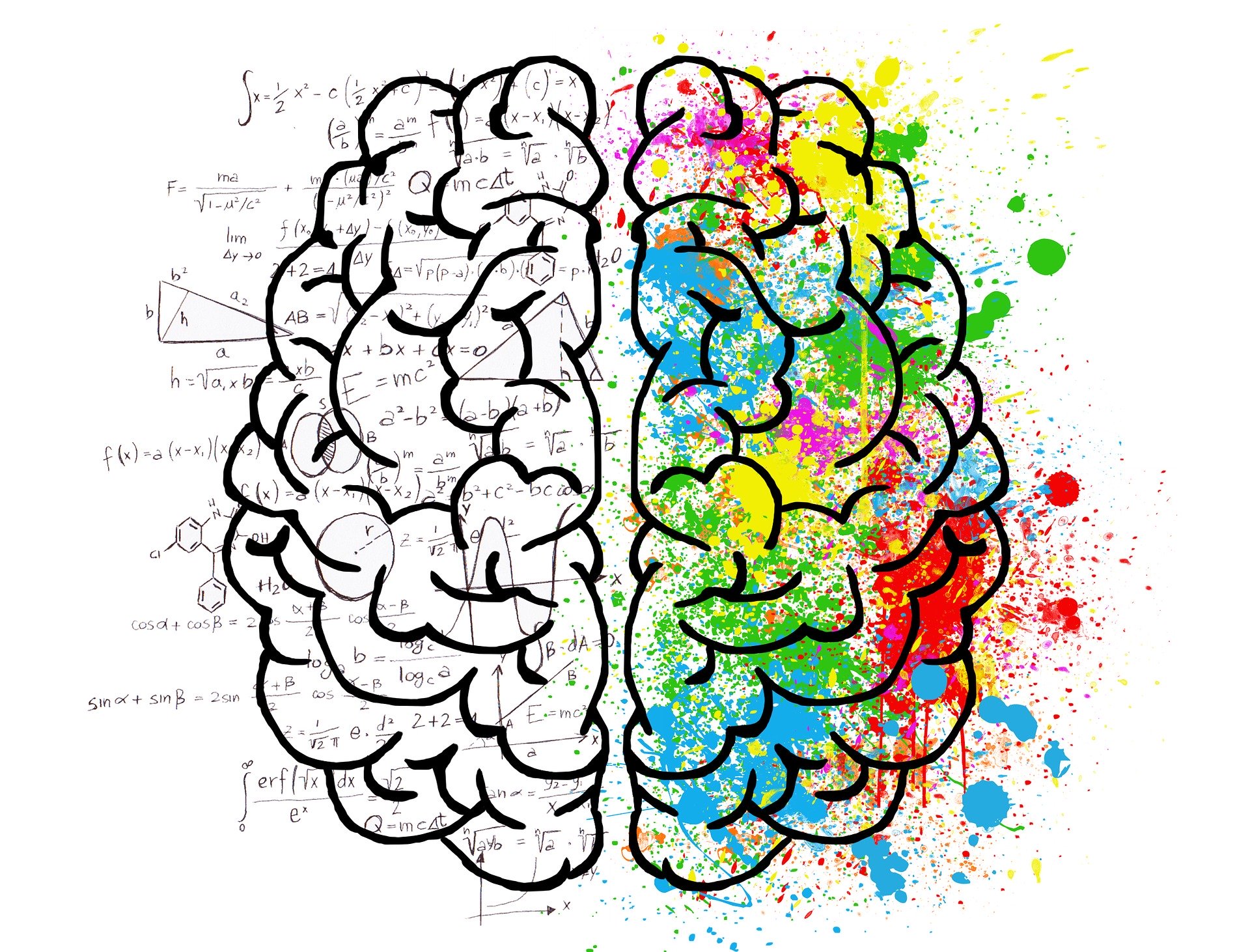This TedTalk ESL video lesson is based on a talk by Sandrine Thuret. In her talk she is asking two questions:
- How can we help our healthy brains create new nerve cells throughout our lives, through diet and behavior changes?
- How can we study the effects of diseases such as depression and Alzheimer’s on our brains’ ability to grow?
Level: Intermediate, Upper-Intermediate
Time: 45min.(video 11min.)
Skills: speaking, listening, reading
Topic: science, the human body
Download:
Ted Talk Lesson Brain Cells SW Ted Talk Lesson Brain Cells TN
Ted Talk Lesson Brain Cells SW
Sandrine Thuret: YOU CAN GROW NEW BRAIN CELLS. HERE’S HOW.
STUDENT’S WORKSHEET
WARM-UP QUESTIONS
-
What part of your body would you like to improve?
-
If it was possible, would you rather enhance your body or mind?
-
How can we improve our mental and physical abilities?
VOCABULARY
Read the sentences and try to work out the meaning of the underlined words/phrases.
-
And this is especially new and true for spatial recognition –so like, how you navigate your way in the city.
-
And they will have been helpful to add time to our memory and they will help differentiate very similar memories.
-
But moreover, if you just block neurogenesis, then you block the efficacy of the antidepressant.
-
“Sandrine, this is puzzling. Some of my patients that have been told they are cured of their cancer still develop symptoms of depression.”
-
………………..too much sex leading to sleep deprivation.
-
Intermittent fasting — spacing the time between your meals –will increase neurogenesis.
-
So Japanese groups are fascinated with food textures, and they have shown that actually, soft diet impairs neurogenesis, as opposed to food that requires mastication.
-
Calorie restriction will improve memory capacity, whereas a high-fat diet will exacerbate symptoms of depression –as opposed to omega-3 fatty acids, which increase neurogenesis, and also help to decrease the symptoms of depression.
Match the words/phrases (1-8) to their explanations.
-
spatial recognition
-
differentiate
-
efficacy
-
puzzling
-
deprivation
-
intermittent fasting
-
mastication
-
exacerbate
-
difficult to explain or understand
-
chewing
-
period of eating and not eating over a defined period
-
to show or find the difference between things that are compared
-
the lack or denial of something considered to be a necessity
-
make something that is bad even worse
-
understanding where things are in relation to other things
-
the ability to produce the desired result
TED TALK VIDEO
Watch the video and answer the questions.
-
How do we call the phenomenon when adults grow new nerve cells?
-
How many neurons does an average person produce per day?
-
Why did patients who were cured of their cancer still develop symptoms of depression?
-
Does learning increase or decrease the growth of new neurons?
-
What type of food and drinks should we consume if we want to increase the growth of our neurons?
Click on the picture below to buy our communicative activities.





Comments (2)